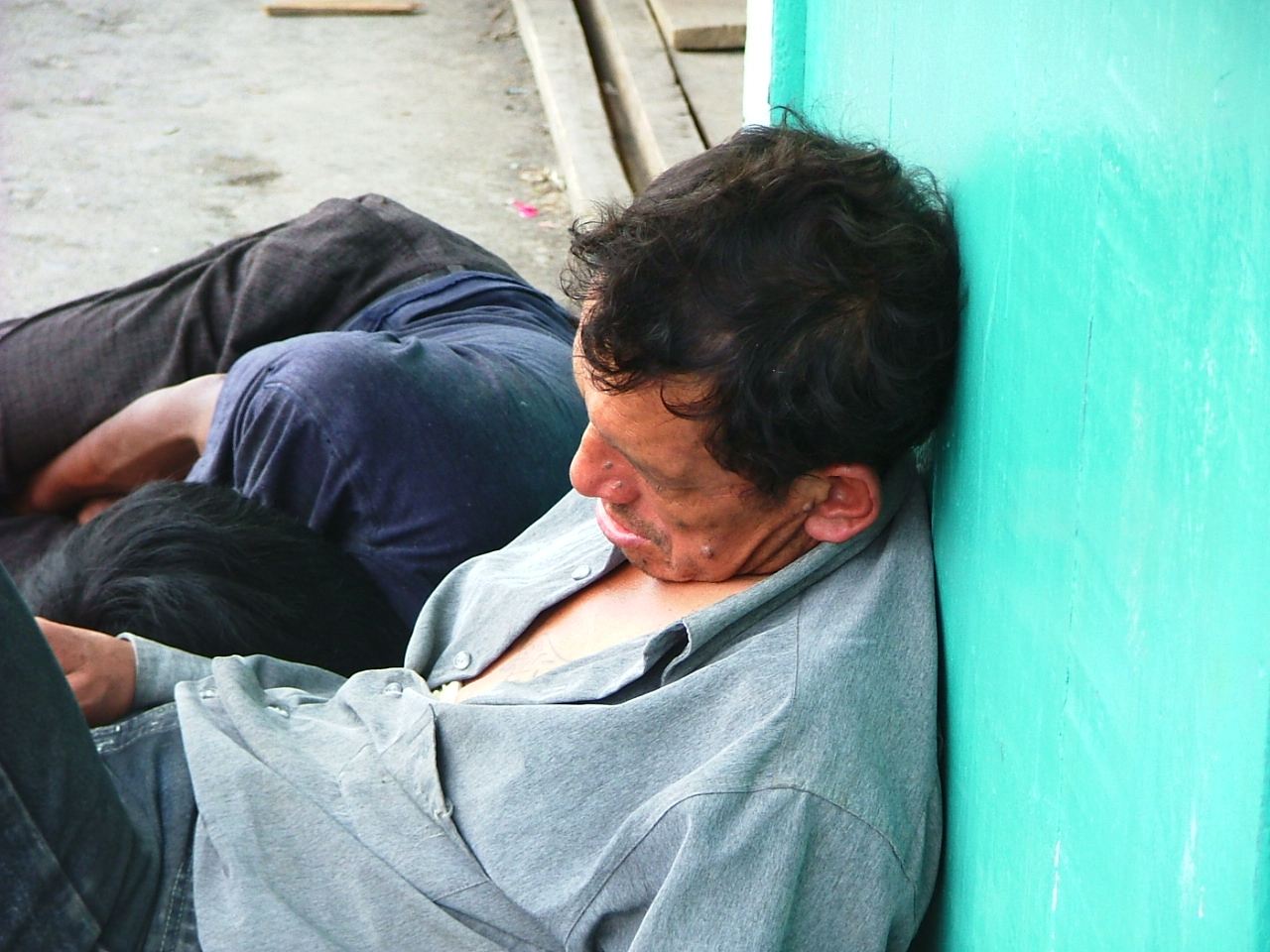Psychological causes of depression in women

Psychological causes of depression in women can best be dealt with if timely treatment precautions are taken
Psychological causes of depression in women
The seriousness of depression in human health can be very unbearable if not addressed in good time. Depression can affect anybody but for the purpose of this article, we want to focus on the female gender by looking at some of the psychological causes of depression in women. We are going to be talking to doctor Dalal Akoury MD who also founded AWAREmed Health and Wellness Resource Center primarily to help people who are struggling with different kinds of health complications including depression. As we progress into the discussion, you may want to consult with doctor Akoury if this has been your problem for a more permanent and professional solution.
- Concentrating on and revisiting negative feelings – Women are more likely to ruminate when they are depressed. For instance, most women would cry to release emotional tension, making effort to understand the cause of your depression by investigating from your friends about your depression. Nonetheless, this practice (rumination) in many cases acts as a facilitator of depression and occasionally even worsens the situation of depression. Yet on the other hand, men tend to distract themselves when they are depressed which is very helpful in reducing depression.
- Overwhelming stress at work, school, or home – Some studies show that women are more likely than men to develop depression from stress. This is because the female physiological response to stress is different possibly because women often produce more stress hormones than men. The female sex hormone progesterone prevents the stress hormone system from turning itself off as it does in men.
- Body image issues – It is important to note that in many cases the gender difference in depression originates in adolescence. Like for instance the emergence of sex differences during puberty is likely plays a role. This could be due to body dissatisfaction which increases in girls during the sexual development of puberty according to some research findings.
Psychological causes of depression in women: Social sources of depression in women
Just like in men, social factors also play a part in causing depression in women, along with lifestyle choices, relationships, and coping skills. These may include:
- Matrimonial or correlation problems; balancing the pressures of career and home life
- Family responsibilities like bringing up children, communication issues among spouse, or aging parents
- Experiencing discrimination at work or not reaching important goals, losing or changing a job, retirement, or embarking on military service
- Continuous financial problems
- Death of a loved one or other stressful life event that leaves you feeling useless, helpless, alone, or profoundly sad
Psychological causes of depression in women: Treating depression in women
Like in any other treatment of depression, women suffering from depression will also receive normal type of treatment as everyone which may include psychotherapy and antidepressant therapy. Even though this may be the case there are some special treatment considerations for depression in women as will be discussed by the experts at AWAREmed Health and Wellness Resource Center under Doctor Akoury’s care. If you have any concern about the effects of depression and you need help, call doctor Akoury today and schedule for that appointment that will live you healthy and well rejuvenated all the time.
Psychological causes of depression in women
http://www.awaremednetwork.com/






